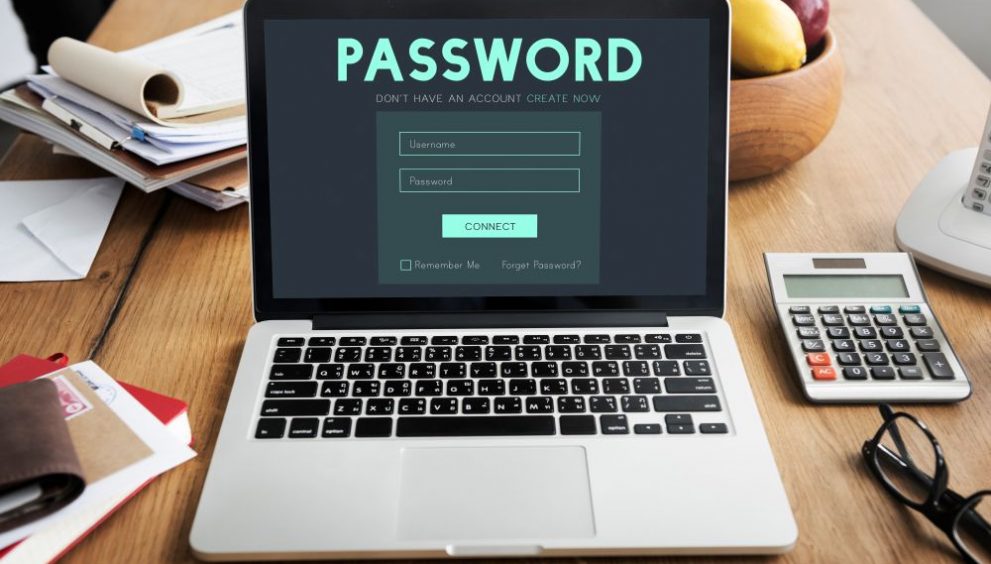In an age where digital security is paramount, one of the most crucial steps you can take to protect your online accounts is to create strong passwords. A strong password acts as the first line of defense against unauthorized access, safeguarding your personal information, financial data, and sensitive files from falling into the wrong hands. However, crafting a robust password that is both memorable and secure can be a daunting task. In this blog, we’ll explore the importance of strong password examples, provide practical tips on how to create a strong password, and discuss the various uses of passwords to help you maintain optimal password security.
Why Creating a Strong Password is Essential for Security
The importance of creating a strong password cannot be overstated. Weak or easily guessable passwords are one of the primary reasons for data breaches and account hijacking. Cybercriminals employ sophisticated techniques, such as brute-force attacks and dictionary attacks, to crack passwords and gain unauthorized access to your accounts. By using a strong password, you significantly reduce the risk of falling victim to these malicious activities.
Consider these alarming statistics:
- 81% of data breaches are due to weak, reused, or stolen passwords
- The average person has 100 online accounts that require passwords
- 65% of people reuse passwords across multiple sites
These numbers highlight the critical importance of password safety and using unique, complex passwords for each of your accounts.
How to Create a Strong Password: Key Tips and Techniques
Creating a strong password may seem like a daunting task, but by following a few key tips and techniques, you can significantly enhance your password security. Here are some best practices to keep in mind:
- Length matters: A strong password should be at least 12 characters long. The longer the password, the more difficult it is to crack.
- Mix it up: Use a combination of uppercase and lowercase letters, numbers, and special characters (!@#$%^&*) to create a complex password.
- Avoid personal information: Refrain from using easily guessable information, such as your name, birthdate, or phone number, in your passwords.
- Use mnemonics: Create a memorable phrase and use the first letter of each word to form a password. For example, “I love to eat pizza every Friday night!” could become “Il2ep3Fn!”
- Employ password generators: Consider using a random password generator tool to create complex, unique passwords for each of your accounts.
| Password Strength | Example |
|---|---|
| Weak | password123 |
| Moderate | ILovePizza! |
| Strong | Tr0ub4dor&3 |
| Very Strong | Cg$2h9!7K&3m@Qr |
Remember, the key to creating good passwords is to strike a balance between complexity and memorability. A strong password is useless if you can’t remember it when you need it.
Key Uses of Passwords and How to Optimize Them
Passwords serve various purposes in our digital lives, from securing our personal email accounts to protecting sensitive financial information. Here are some of the key uses of passwords and tips on how to optimize them for enhanced password safety:
- Email accounts: Use a unique, strong password for your email account, as it often serves as a gateway to resetting passwords for other services.
- Online banking: Employ a random password that is not used anywhere else, and enable two-factor authentication for an extra layer of security.
- Social media: Create distinct passwords for each social media platform to prevent a single breach from compromising all your accounts.
- Work-related accounts: Follow your organization’s password policies and use strong password examples to safeguard sensitive company data.
- Personal devices: Secure your smartphones, tablets, and computers with good password ideas to prevent unauthorized access to your personal files and information.
By using safe passwords tailored to each specific use case, you can significantly enhance your overall password security and minimize the risk of account breaches.
Password Safety Tips: How to Keep Your Passwords Secure
Creating strong passwords is only half the battle. To truly maximize your password safety, you need to adopt additional security measures. Here are some essential tips to keep your passwords secure:
- Never share your passwords with anyone, not even close friends or family members
- Use a reputable password manager to securely store and encrypt your passwords
- Enable two-factor authentication whenever possible for an extra layer of security
- Regularly update your passwords, especially if you suspect a breach or unauthorized access
- Avoid saving passwords in your web browser or on unprotected documents
- Be cautious of phishing attempts that try to trick you into revealing your passwords
By following these password safety tips and using good passwords consistently, you can significantly reduce the risk of falling victim to cybercrime and protect your digital identity.
Stay Protected with Strong Passwords
Creating strong passwords and maintaining optimal password security is essential for protecting your online accounts and personal information. By understanding the importance of strong password examples, employing key tips and techniques to create a strong password, and optimizing your passwords for various uses, you can significantly enhance your overall password safety. Remember, good passwords are the foundation of a robust cybersecurity strategy. By using safe passwords, enabling additional security measures, and staying vigilant against potential threats, you can safeguard your digital life and enjoy peace of mind knowing that your accounts are well-protected.
For comprehensive protection beyond strong passwords, consider using a reliable security solution like Quick Heal Total Security, which offers advanced features such as malware protection, firewall, and safe browsing to keep your devices and data secure from evolving cyber threats. Stay proactive, use good password ideas, and prioritize your digital security to navigate the online world with confidence.
Check Out Our Full Antivirus Range


